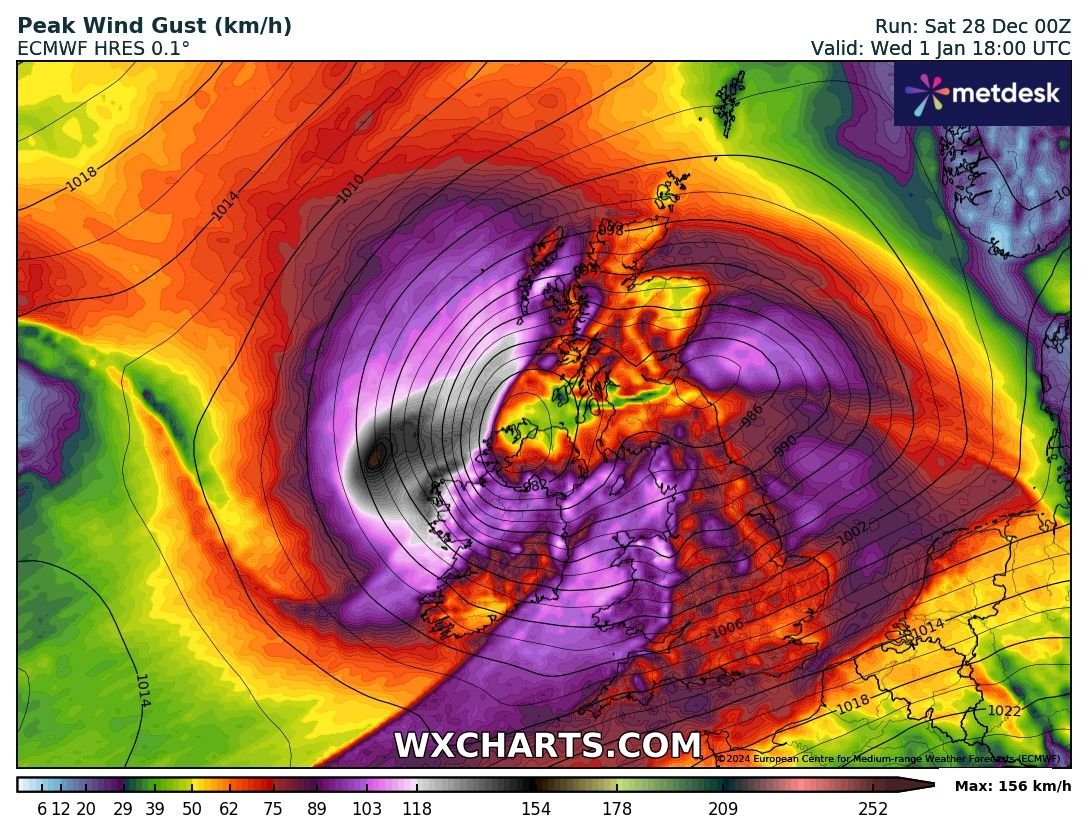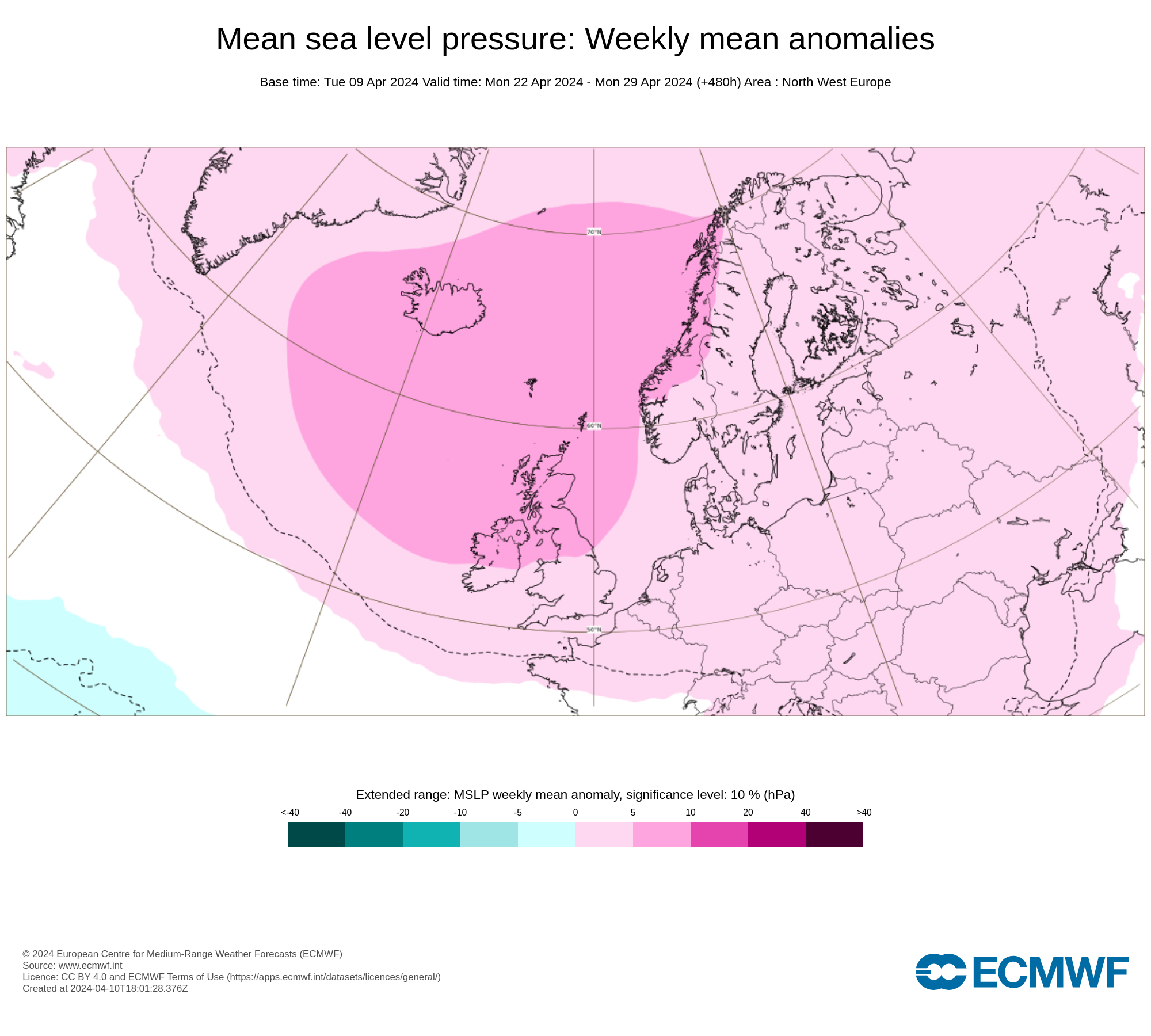BREAKING NEWS - W.H.O. Declares a Global Health Emergency as Coronavirus spreads
"The main reason for this declaration is not what is happening in China but what is happening in other countries," said WHO chief Tedros Adhanom Ghebreyesus.
The concern is that it could spread to countries with weaker health systems.
The death toll now stands at 170 people in China.
The WHO said there had been 98 cases in 18 countries outside of the country, but no deaths.
However, there have been eight cases of human-to-human infection - in Germany, Japan, Vietnam and the United States.
Dr Tedros, speaking at the press conference in Geneva, described the virus as an "unprecedented outbreak" that has been met with an "unprecedented response".
He praised the "extraordinary measures" Chinese authorities had taken to prevent it from spreading.
"Let me be clear, this declaration is not a vote of no confidence in China," he added.
Earlier, China reported its biggest single-day jump in coronavirus deaths.
Airlines around the world are either suspending or scaling back services in and out of China, following cases of human-to-human transmission outside the country.
In China, some countries worked to airlift their citizens out of the central city of Wuhan, whose 11 million residents are now under strict quarantine.
A man in Chicago contracted the illness from his wife.
A US charter flight from Wuhan with about 210 Americans on board, including consular staff, was met at a California military base yesterday by emergency vehicles with personnel in white biological hazard suits.
US health officials said they have identified the first case of a person-to-person contraction of the virus on American soil.
More than 200 Japanese nationals were also brought home, but only a handful of them were hospitalised for tests after they reported feeling unwell or showed flu-like symptoms.
Some 250 French citizens and 100 other Europeans will be flown out of Wuhan on board two French planes this week.
Australia plans to house any citizens evacuated on an island normally used to detain asylum seekers.
A growing number of governments, including Ireland, Britain, Germany and the United States, have advised their citizens to avoid non-essential travel to China.
When has this happened in the past?
The WHO declares a Public Health Emergency of International Concern when there is "an extraordinary event which is determined … to constitute a public health risk to other states through the international spread of disease".
It has previously declared five global public health emergencies:
Swine flu, 2009 -The H1N1 virus spread across the world in 2009, killing more than 200,000 people, and a public health emergency was called to ensure the world was carefully monitoring its spread and able to respond, including with vaccines.
Polio, 2014 - Although closer than ever to eradication in 2012, polio numbers rose in 2013. An emergency was declared due to fears the global fight against its eradication could face a major setback.
Zika, 2016 - The WHO declared Zika a public health emergency in 2016 after the disease spread rapidly through the Americas. Although for many Zika symptoms are mild, it can be dangerous for pregnant women and the emergency was called to spur urgent research.
Ebola, 2014 and 2019 - The deadly disease has twice been declared a public health emergency. The first one lasted from August 2014 to March 2016 as almost 30,000 people were infected and more than 11,000 died in West Africa. The WHO cited "the virulence of the virus, the intensive community and health facility transmission patterns, and the weak health systems" in affected countries. A second emergency was declared last year as the disease spread in the DR Congo.
China's domestic football season, including its lucrative Super League, has been postponed as sporting bodies join efforts to control the spread of the coronavirus.
The dramatic step follows the postponement of the World Indoor athletics championships, which were due to be held in China in March.
A new starting date for the season has not been announced.
China has effectively cut off Hubei province to try to contain the spread of the virus, banned tour groups from travelling overseas, suspended classes and extended the Lunar New Year holiday.
Most street traffic in and around Wuhan, where the virus originated in a wild animal market, has been banned, leaving more than 50 million people shuttered in their homes.
The scale of the deepening crisis was emphasised with the total number of infections on the Chinese mainland exceeding that of the Severe Acute Respiratory Syndrome (SARS) outbreak of 2002-03.
But the death toll is so far much lower than SARS, which claimed nearly 800 lives around the world - with most fatalities in mainland China and Hong Kong.
The virus has rattled global markets and started to dent the Chinese economy.
Japanese automaker Toyota said it would keep its plants in China closed until at least 9 February. Swedish furniture giant IKEA will temporarily close half of its 30 stores on the mainland.
Tech giant Foxconn said that Taiwan staff at its vast network of factories in China do not need to return to work until mid-February, a move threatening supply chains for everything from iPhones to flat-screen TVs and laptops.
US fast food giant McDonald's said it had closed all its locations, "several hundred" restaurants, in Hubei.
Click on the tabs below to view the new forecasts available under the forecast section.
2019 CALENDAR NOW ON SALE































